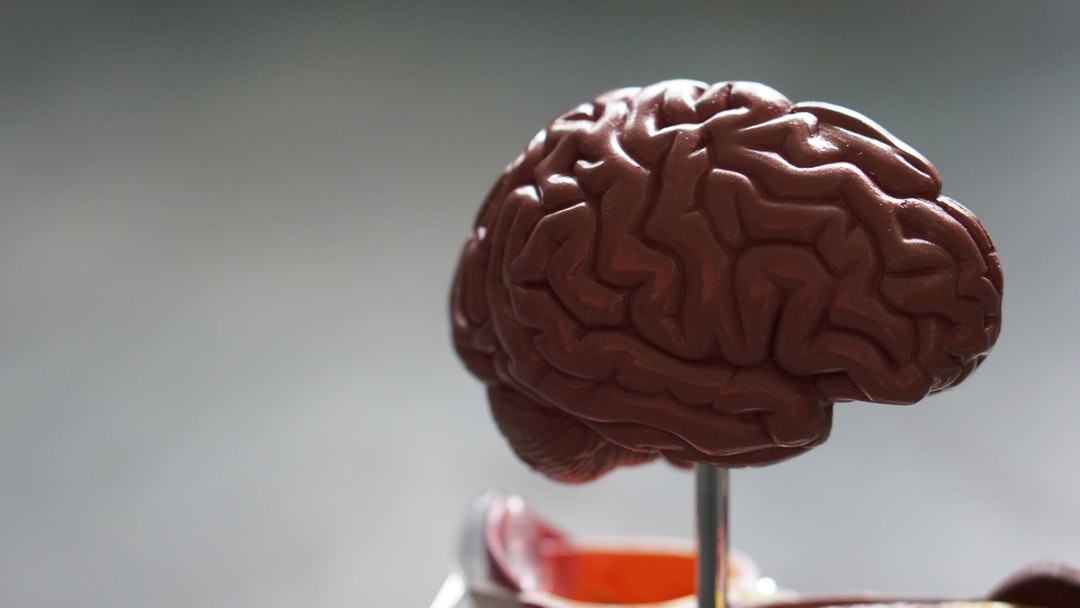When the microglia stops working properly, the brain begins to degrade.
A new diet reveals a low-fat diet and restricted calorie intake that help shrink the brain in mice.
Eating about 40% less food has helped keep older people's brains better than exercise.Dr. Bart Eggen, who led the study, said:
Obesity and aging are both widespread and increasing in societies around the world, but the consequences for the central nervous system are not well understood.
We determined whether a high-fat or low-fat diet, in combination with exercise and a dietary restriction, had an impact on microglia during aging in mice.
Microglia are brain cells that help regulate normal functioning.
When these cells stop working properly, the brain begins to degrade.
For the study, the mice were fed a diet high in fat or fat – with a reception of 40% fewer calories than normal.
Some also exercised a lot.
Dr. Eggen explained the results:
The inflammatory activation induced by the aging of the microglia could only be avoided when the mice were given a low-fat diet in combination with a limited caloric intake.
A low fat diet in itself was not enough to prevent these changes.
Researchers hope to study the effects of different diets.
Dr. Eggen said:
Nevertheless, these data show that, in mice, the fat content of the diet is an important parameter in terms of harmful effects of food on the brain, as well as caloric intake.
It is only when the fat content and the caloric intake are limited that the modifications of the microglia induced by the pipe should be avoided.
The study was published in the journal Frontiers in Molecular Neuroscience.
(Yin et al., 2018)



